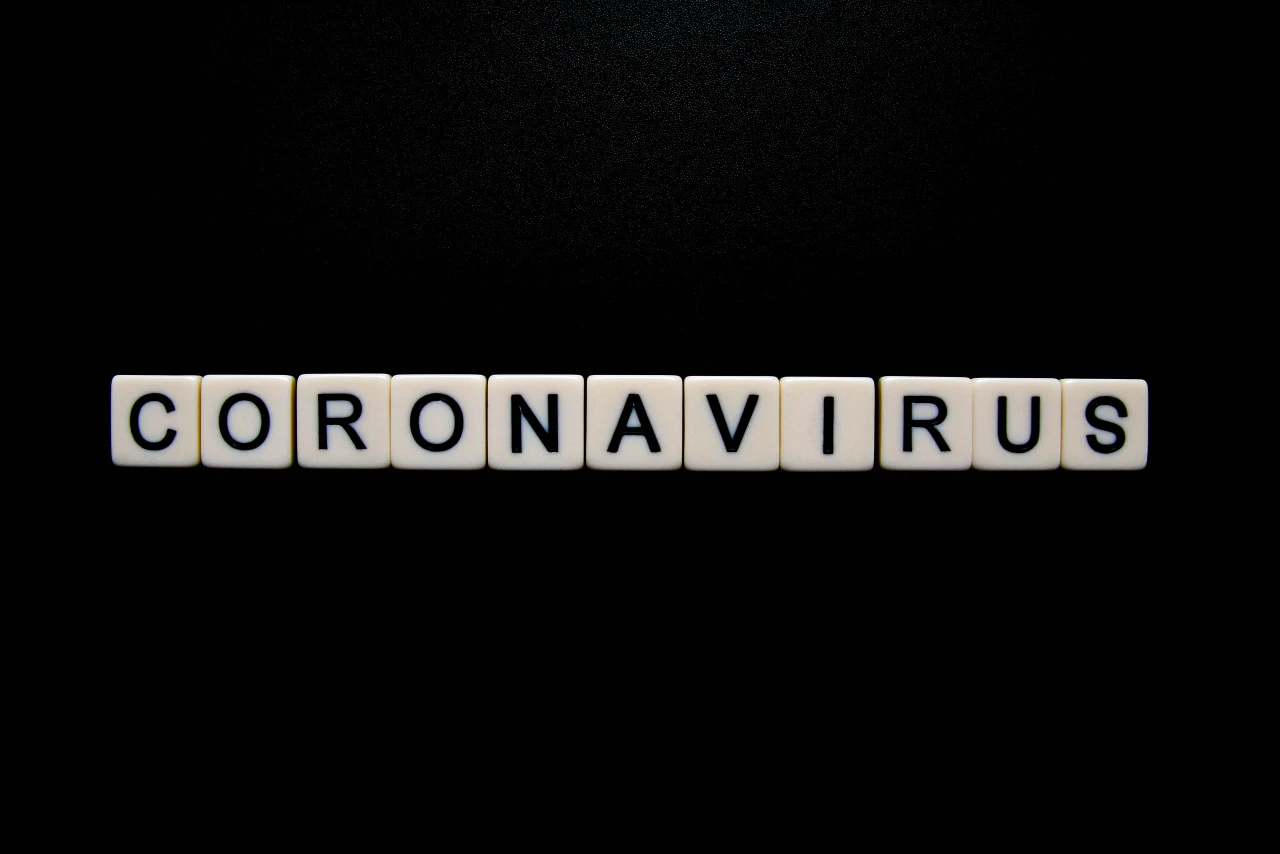COVID-19 vaccination program for kids 5-11 will be 'at full strength' in the second week of November
The Center for Disease Control and Prevention’s (CDC) advisory panel meets Tuesday to discuss COVID-19 vaccinations for children aged 5 to 11, following the Food and Drug Administration’s (FDA) emergency use authorization of the Pfizer vaccine on Friday. Assuming the CDC panel recommends the vaccine, CDC Director Rochelle Walensky is likely to sign off quickly, allowing vaccinations for elementary-age children to start this week. But vaccination appointments are likely to be hard to come by this week with the program “running at full strength” starting in the second week of November, according to Jeffrey Zients, the White House pandemic response coordinator.
So if you’re a parent who is eager to get your child vaccinated as soon as possible, you can look forward to a return of the blood sport of appointment-hunting last spring. (By “blood sport” I mean anxiously clicking refresh on vaccination websites at all hours of the day and night.)
As soon as the FDA authorized use of the Pfizer vaccine, “We began the process of moving 15 million doses from Pfizer’s freezers and facilities to distribution centers,” Zients said at a White House briefing. The White House has lined up around 20,000 vaccination sites for children, shifting the focus from the mass vaccination sites that prevailed in the early days of the effort to vaccinate adults to children’s hospitals and pediatricians’ offices as well as pharmacies and health clinics. Doses will be going out every day for the next week, Zients said.
The extremely good news is this: “We’re in great shape on supply,” according to Zients. “We have more than enough vaccine for every child 5 to 11.” The bad news is it’s likely to be another week before it’s fully ready for distribution. Nobody in the administration cares if kids are vaccinated by Thanksgiving; they’re just aiming for Christmas.
There are 28 million children aged 5 to 11 in the U.S.; according to polls, around one-third of parents plan to get their children vaccinated against COVID-19 quickly, and around one-third say they will never vaccinate their children, with many citing misinformation about effects on future fertility. In fact, trials have shown the vaccine producing a strong immune response in children. There is a small chance of myocarditis, usually mild, in younger male patients, but experts emphasize that COVID-19 itself is far more likely to cause significant heart damage.
Through the course of the pandemic, infections in children lagged behind those in adults, perhaps because children were more likely to be at home and sheltered than adults. In recent months, though, that has changed: For the week ending Oct. 28, children represented a higher proportion of new COVID-19 cases than adults of the U.S. population, with more than 100,000 cases. While in many cases children don’t get terribly sick, 657 children 18 and younger have died; the CDC breaks that data into ages 0 to 4 and then ages 5 to 18, so numbers for children 5 to 11 aren’t readily available. In the 4-and-under group, 202 children have died. They’ll be waiting longer for a vaccine. Tens of thousands of children have been hospitalized, and an unknown number have suffered long COVID. More than 5,200 children have had multi-inflammatory syndrome (MIS-C), with 46 of them dying.
The risks to children aren’t just physical: The vast majority of children have experienced disruptions to their life and their education. In early October, a poll found 23% of parents saying that their children had been forced to quarantine due to COVID-19 exposure. As of mid-October, the coronavirus had forced more than 2,300 school closures.
Children in the 5 to 11 range will get a pediatric dose of the Pfizer vaccine that’s one-third of what adults and teens are getting. It is being shipped in smaller vials with smaller needles.

